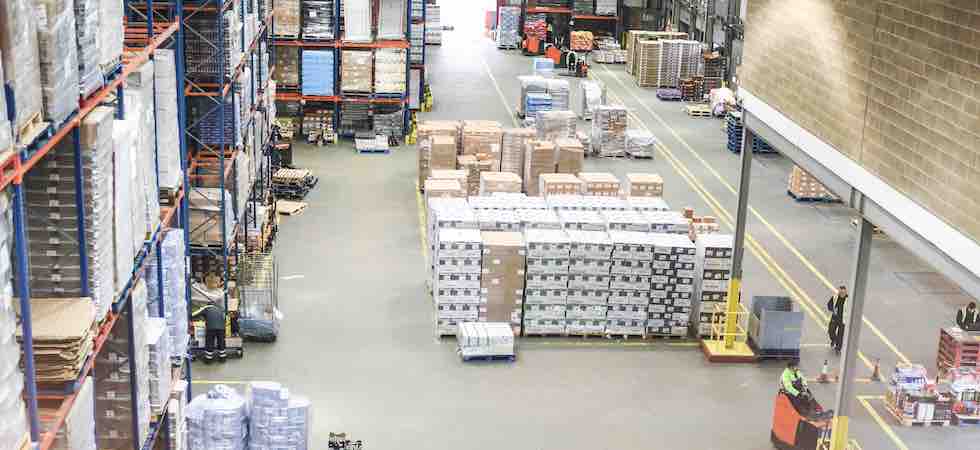The Federation of Wholesale Distributors (FWD) held an online event for wholesalers and suppliers to discuss the effects of Covid-19 on the industry.
The hour-long event was for FWD members and brought together more than 130 industry figures to talk about the impact the outbreak is having on the sector and provide advice on dealing with it.
Gary Mullineux, managing director of Caterforce, commented on the closure of customers and its effect on foodservice wholesalers: “Overall as a group we were 63% down in April, so it was actually a better result than what we were expecting, which is quite a depressing thing to say when -63% is a good result.
“It’s very varied by member and it depends on what channel they are working in. The ones that are 100% foodservice with no food outlets or stores have been hit round the 85% mark so there’s high stocks, all the customers are closed so the payments aren’t coming through and still the overheads to pay for those small amount of customers that we still need to service, such as the care homes and some of the schools for key workers. So it’s a pretty bad picture all round.”
“I think one of the key things that has become clear is how the wholesale industry has to keep shouting for its own right and claiming its place in the market and getting it the right level of attention that it deserves. I think that’s quite important.”
Kirsty Harris-Clarke, managing director for SalesOut was asked how retailers have fared during the lockdown period: “It has been a tale of two parts really. Foodservice has seen some absolutely massive declines but actually in terms of retail it’s a much more positive story.
“If we looked at the key indicators for the two parts of the industry, all the metrics within foodservice have been less customers, less transactions, smaller baskets, people spending less, but if you look at the retail said, actually that’s the reverse. While the customer base hasn’t changed radically, we’ve got the same amount of customers. Those customers are coming in more frequently, when they do come in they are spending more and they are shopping bigger baskets.
“The main reason we’re seeing that is because people are shopping more locally than they were before. They are topping up on the products they were buying in the big stores, so if you think about the Government’s advice it’s all about doing one big shop less frequently, what they are then doing is topping up on products in the convenience stores that they would have normally bought from the big multiples and they’re doing that so that they don’t have to go back to the main multiples as often.”
Dawood Pervez, managing director of Bestway was asked what suppliers can do to help transition to a new normal: “Availability remains a challenge for a lot of the sector and I think suppliers are very aware of that. I think we’ve done a lot in informing them and keeping well informed in relation to that. Suppliers are also going to have to look at what is the best way to support the foodservice market and the catering market to restart again. Bearing in mind, there is a lot of uncertainty as to which outlets will open, when they will open, what the customer will be doing and so I think a lot of this will be related to payment terms and that kind of stuff.
“I think one of the key things that has become clear is how the wholesale industry has to keep shouting for its own right and claiming its place in the market and getting it the right level of attention that it deserves. I think that’s quite important.”
Listen to the full event on the Federation of Wholesale Distributors website here.









